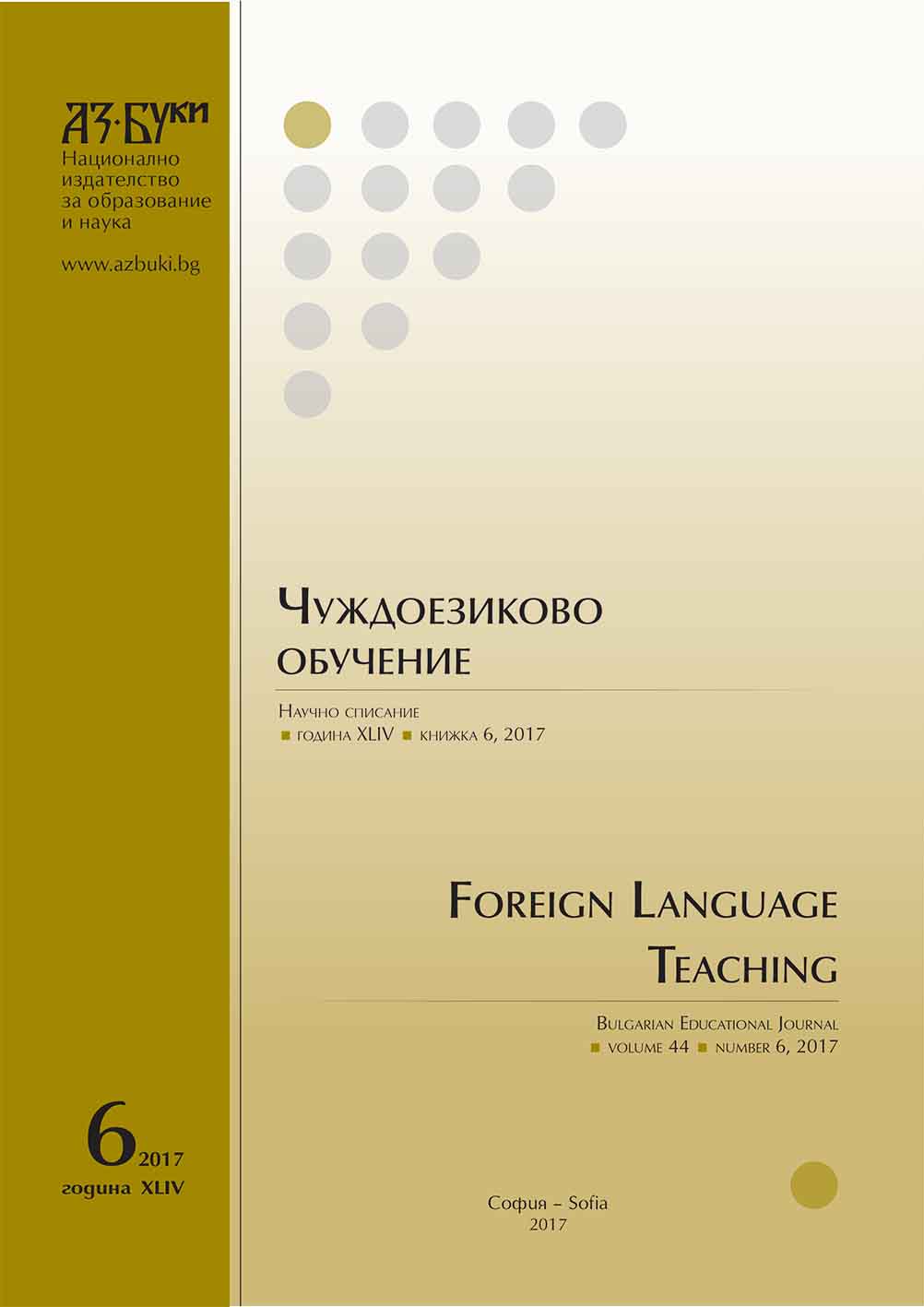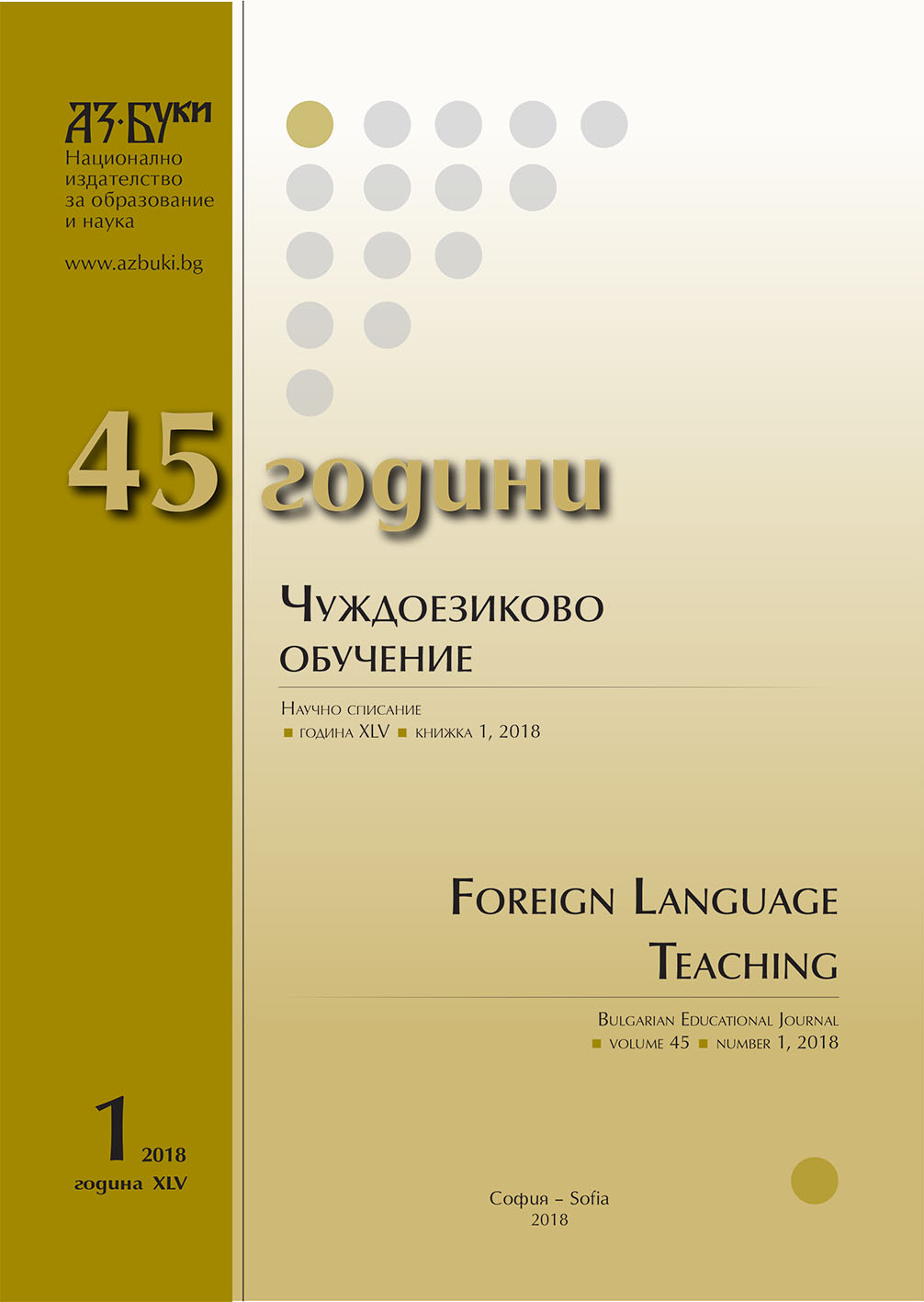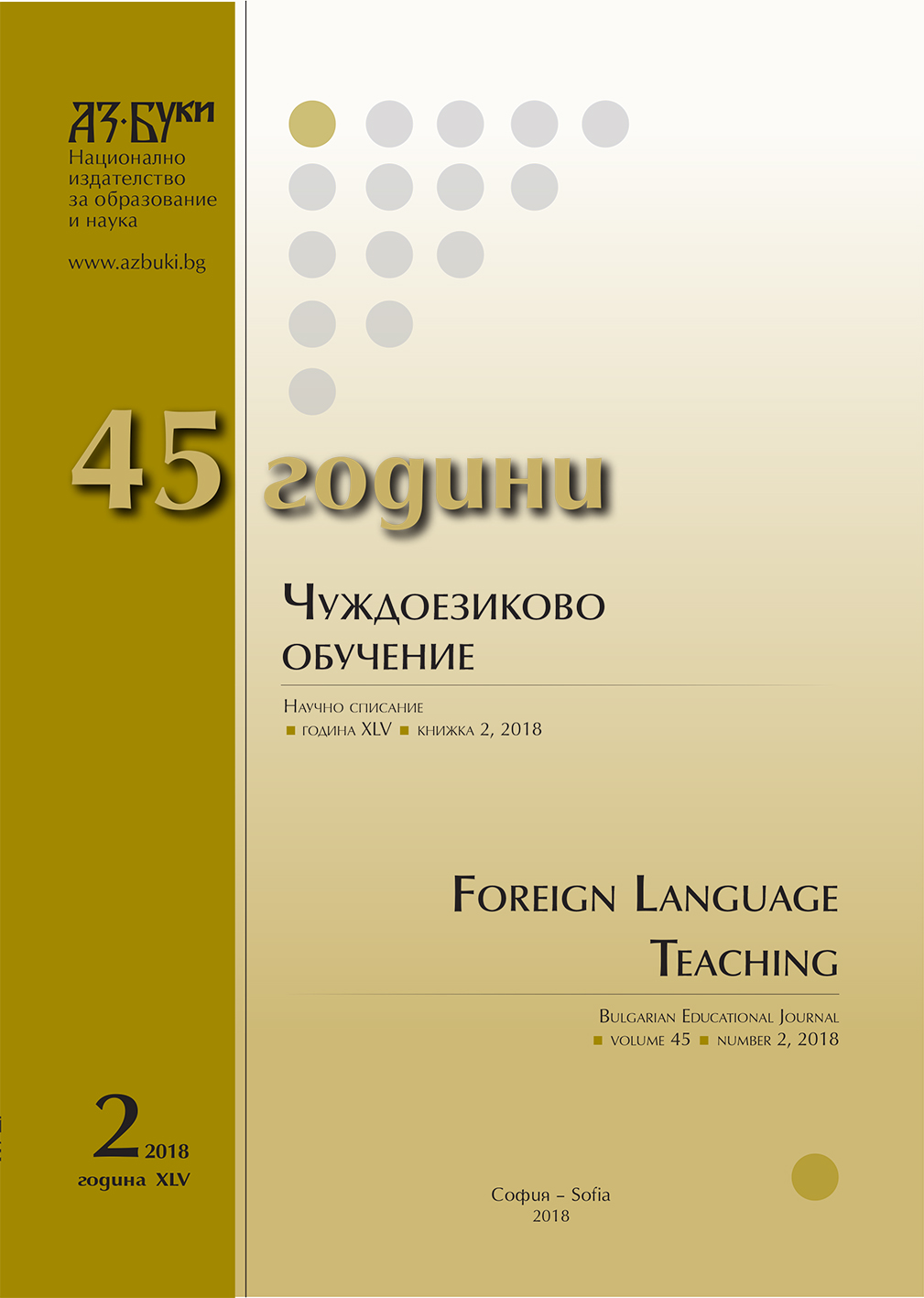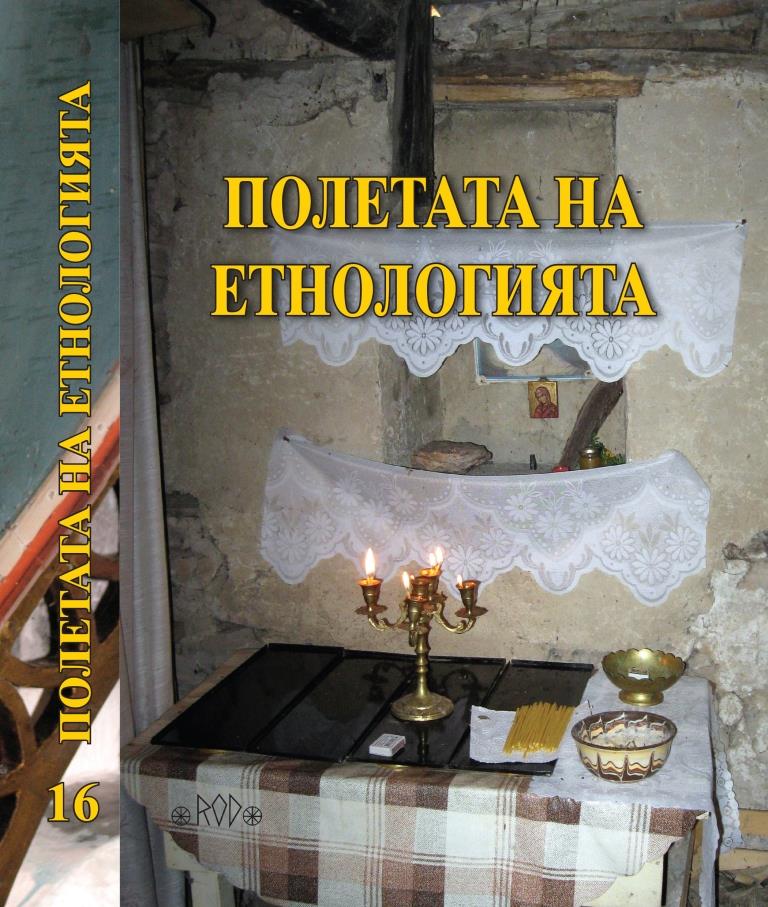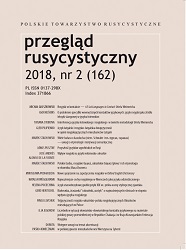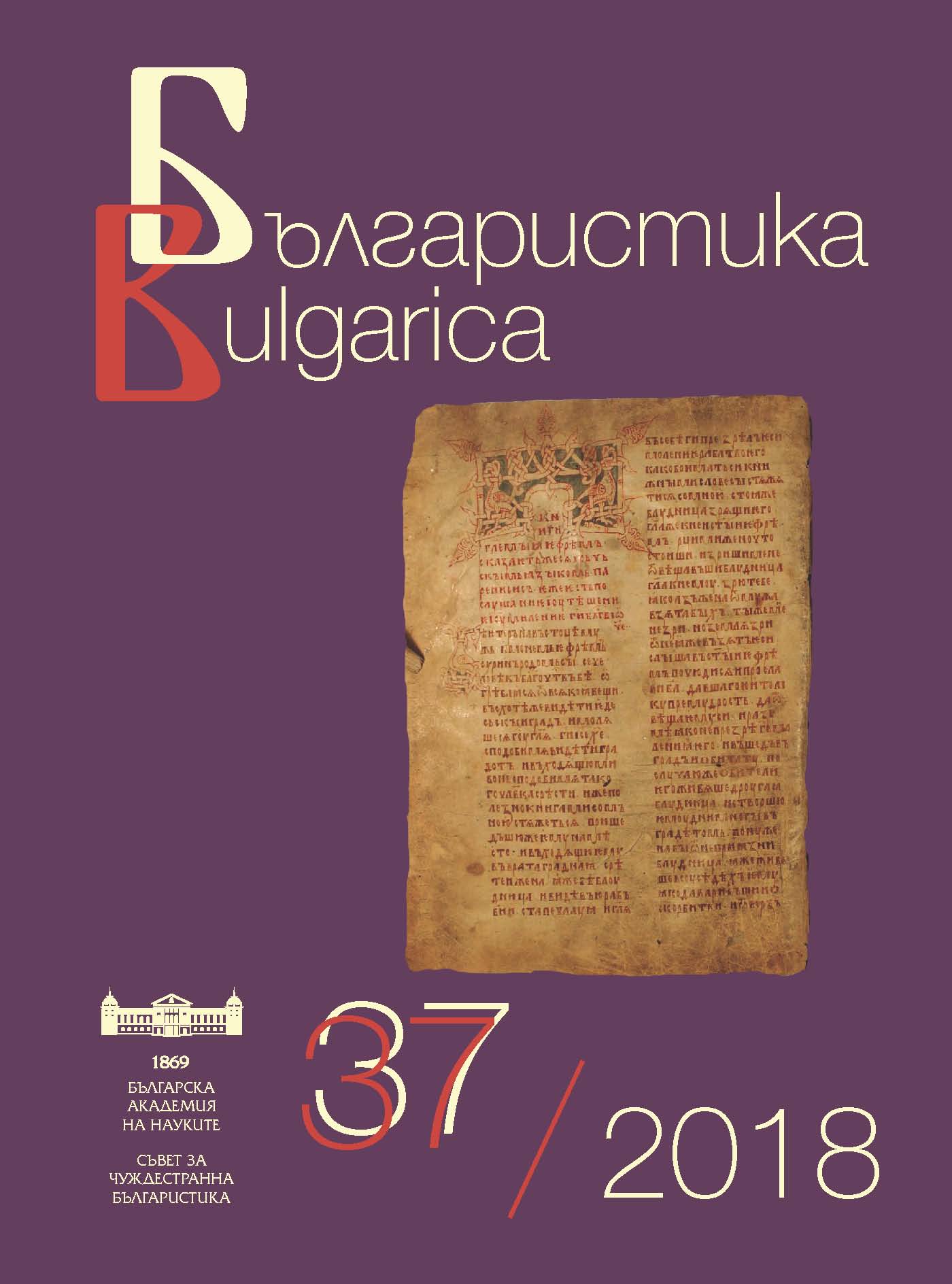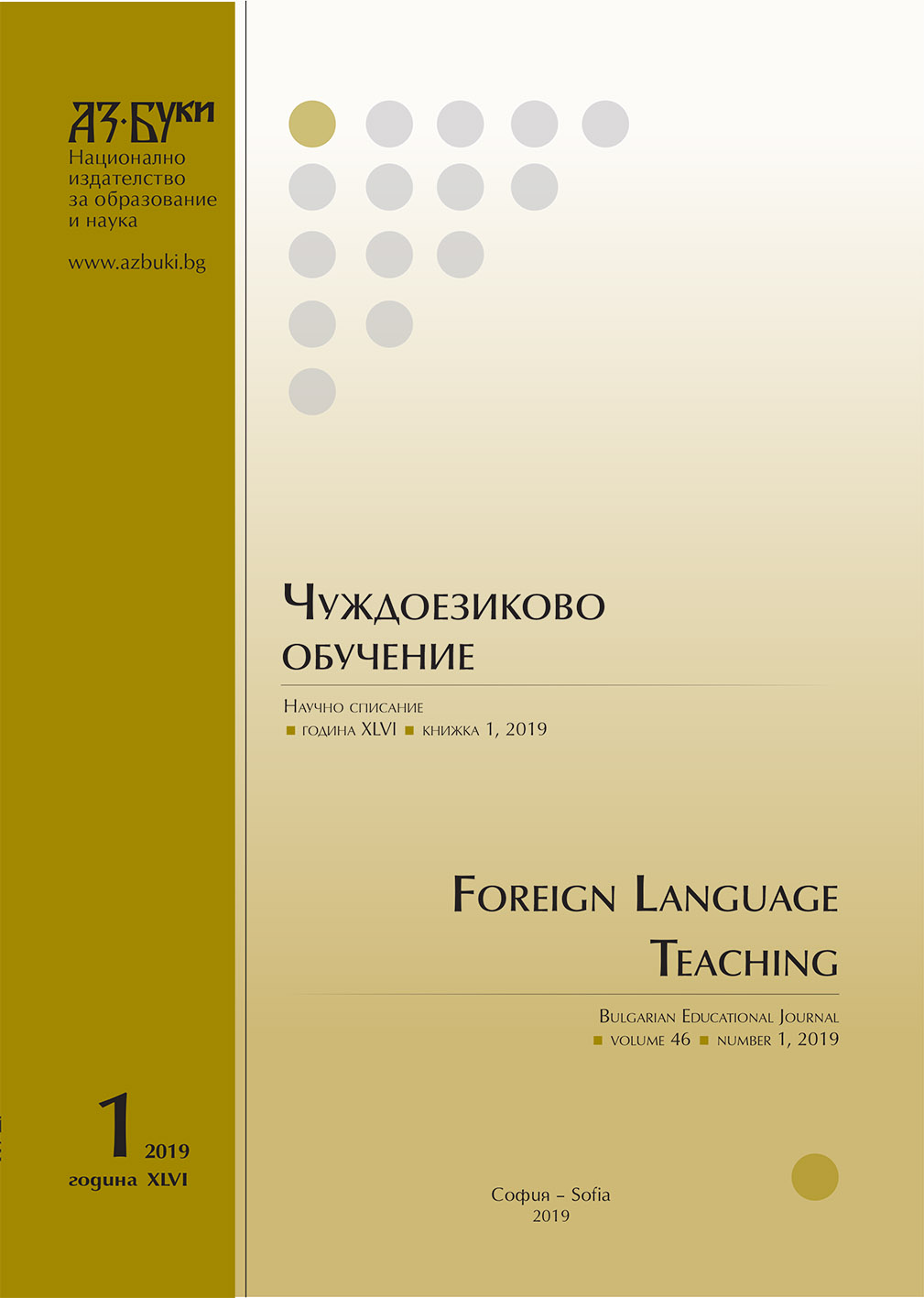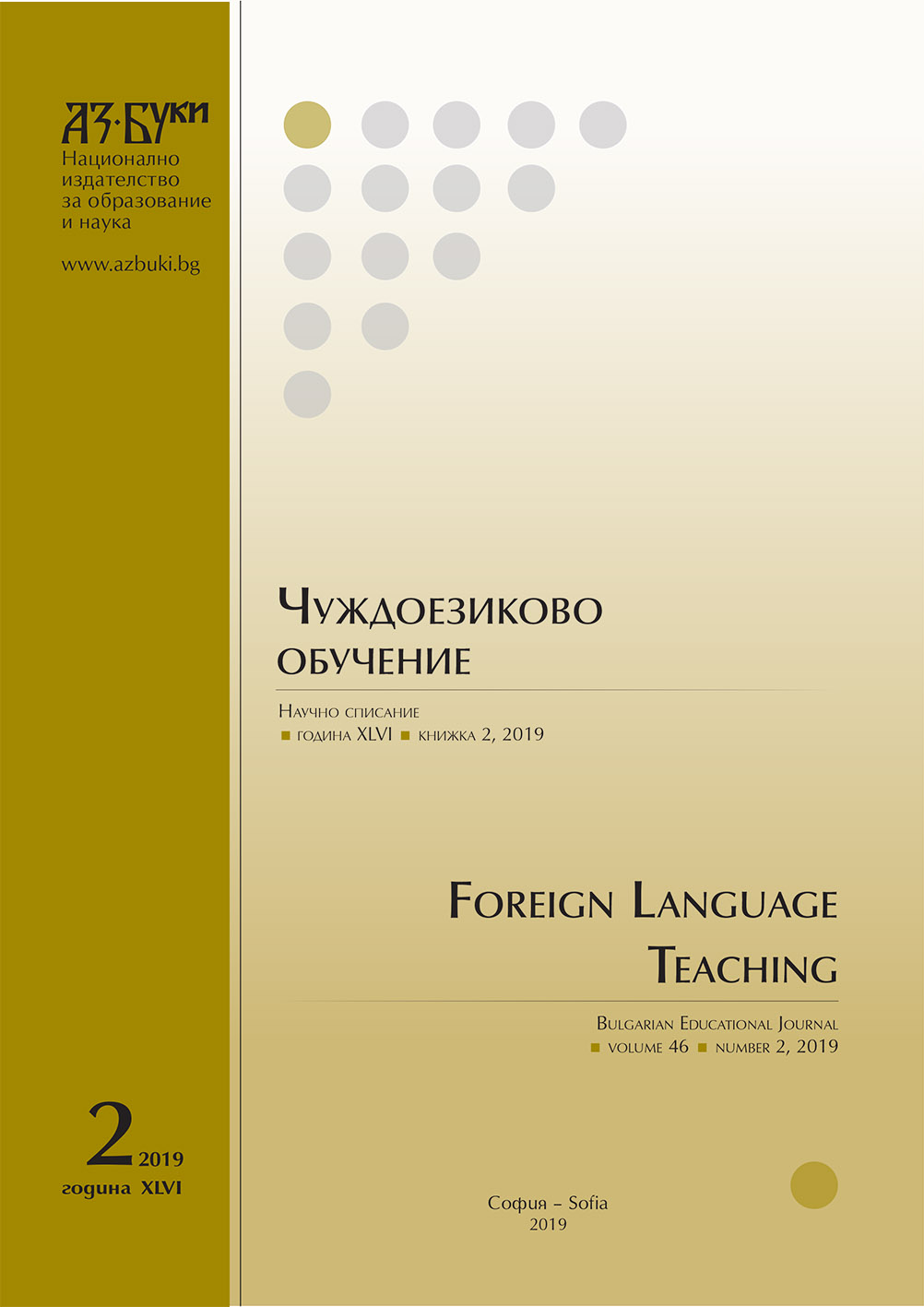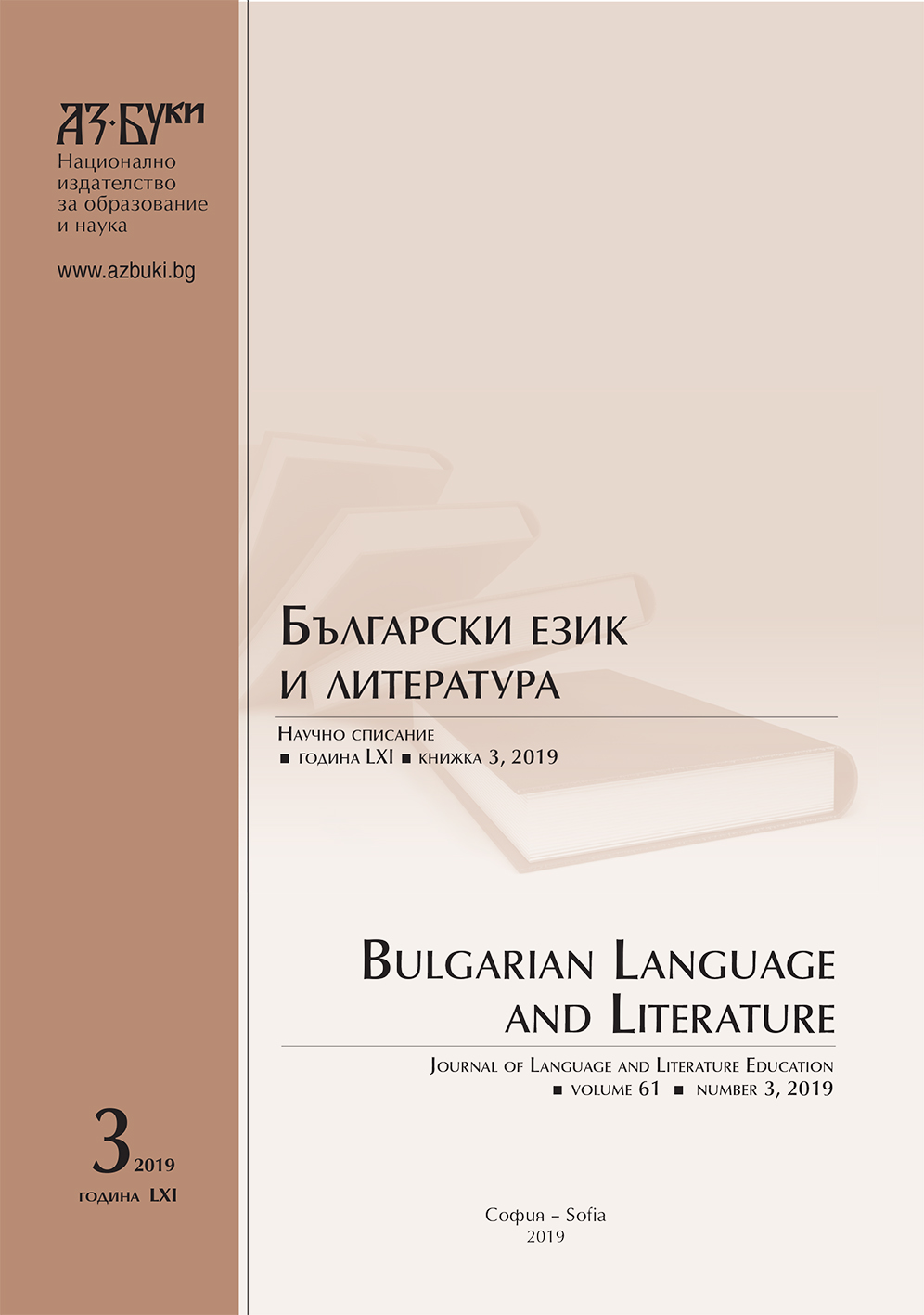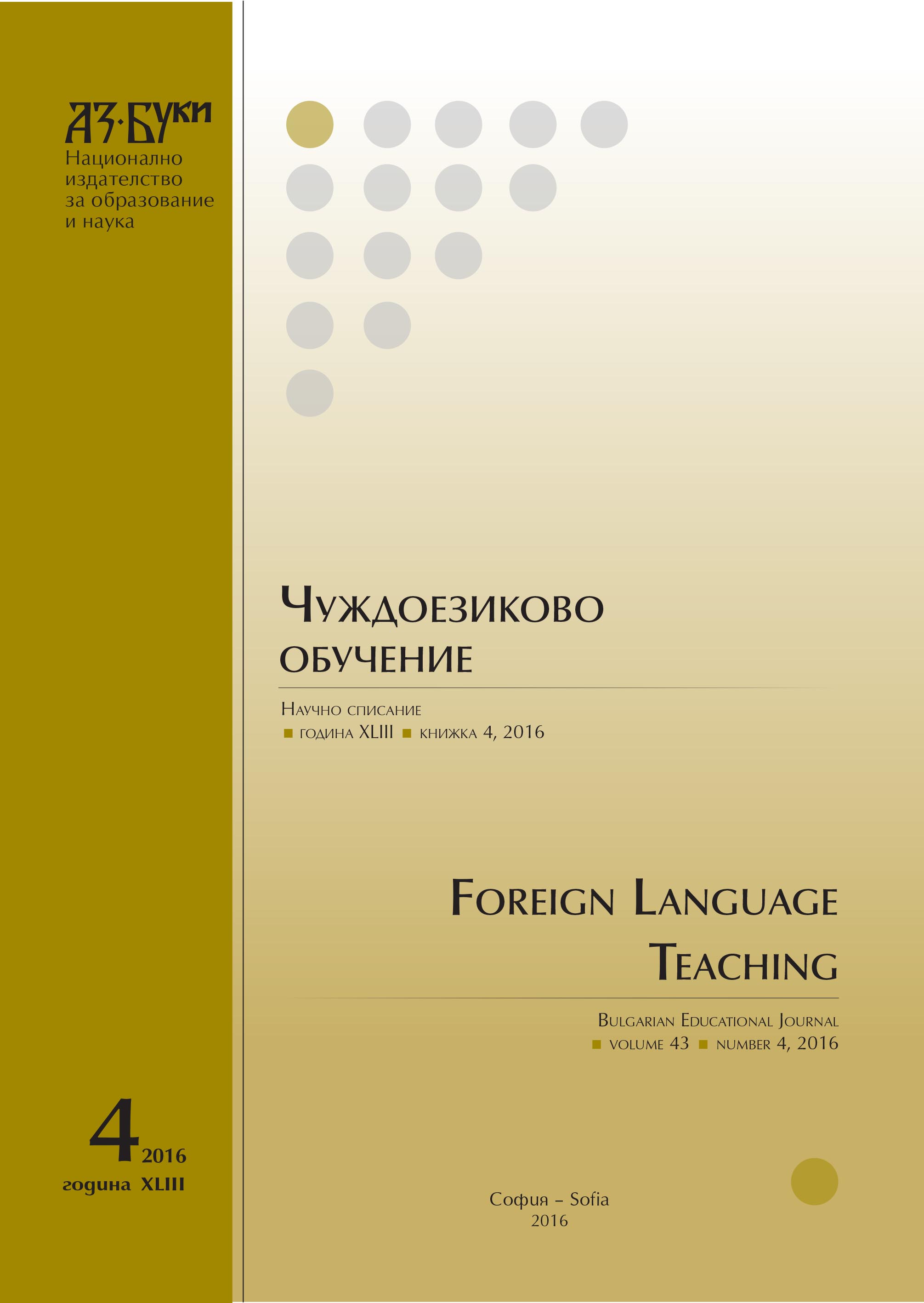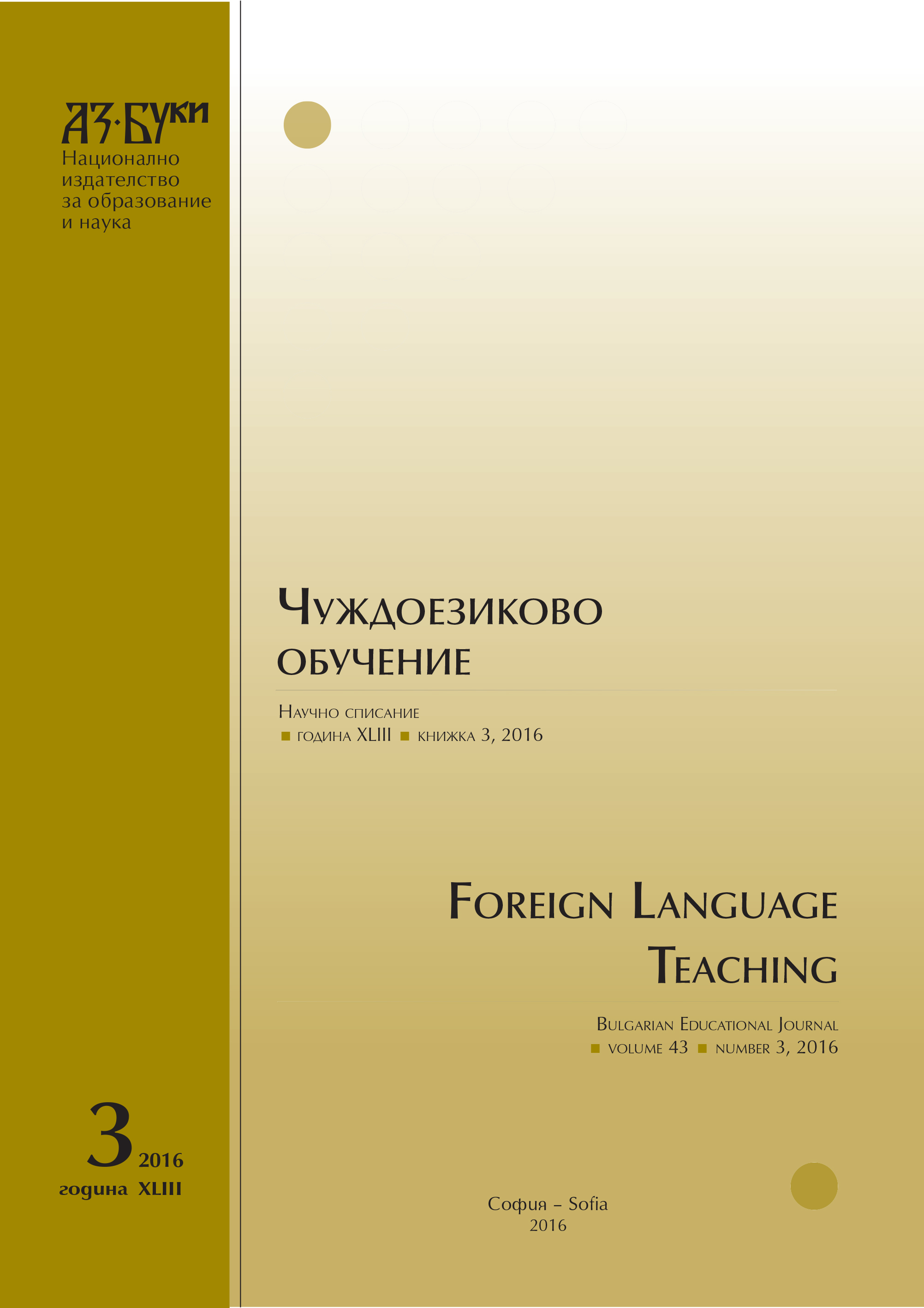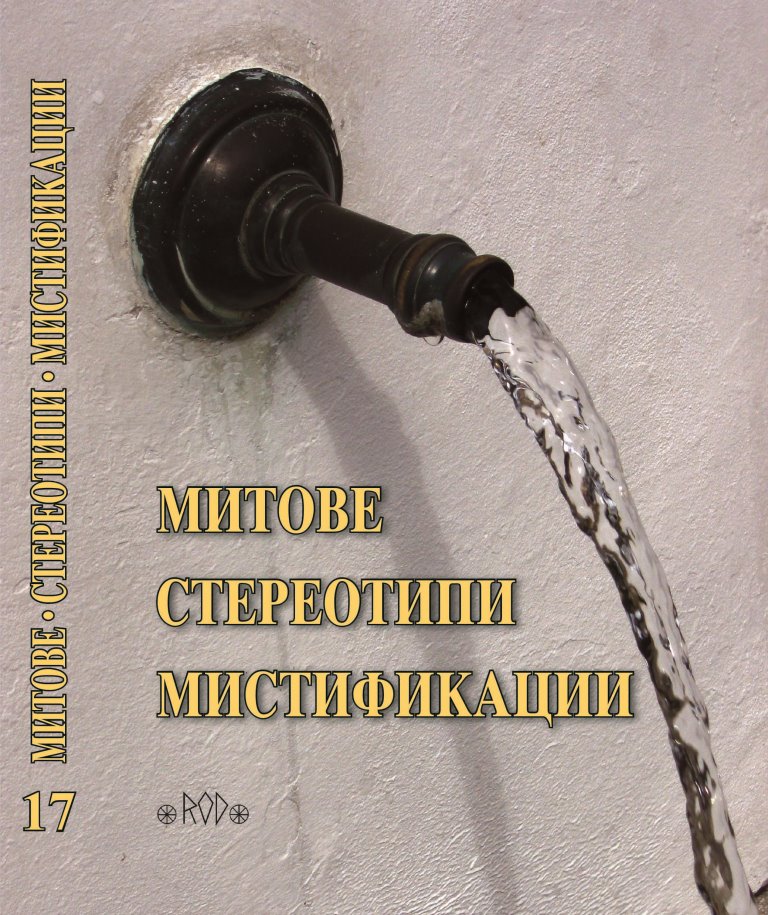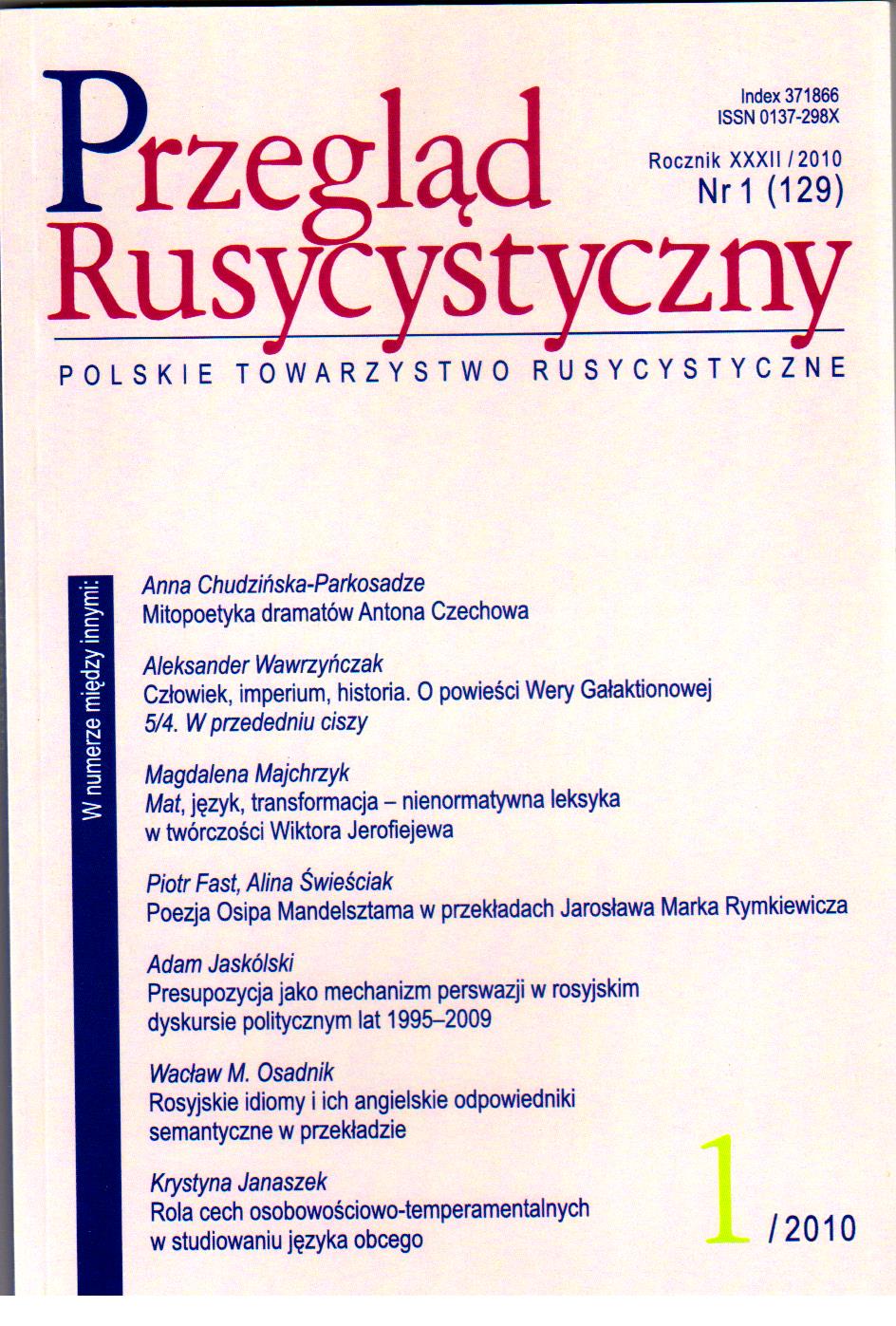
O nieporozumieniach komunikacyjnych na przykładzie nazw zawodowych kobiet (na materiale języka polskiego i rosyjskiego)
The author considers process to increase the quantity of vocational feminine forms in contemporary Russian and Polish languages, especially in press and Internet, because for a few years reactivation these forms in both languages is observed.The paper refers problem of disagreements in communication, which are caused by using vocational feminine names in masculine or feminine gender (e.g., masculine forms in general meanings: “Так я ведь женат на бизнесмене”; “Машинист Степанов женился на начальнике станции”; “Dyrekcja szkoły podstawowej w Gardnie zatrudni na stanowisko nauczycieli, polonistę i muzyka, najchętniej małżeństwo”). This problem in case of feminine gender is observed too and in this article the author gives examples of this phenomenon.
More...
